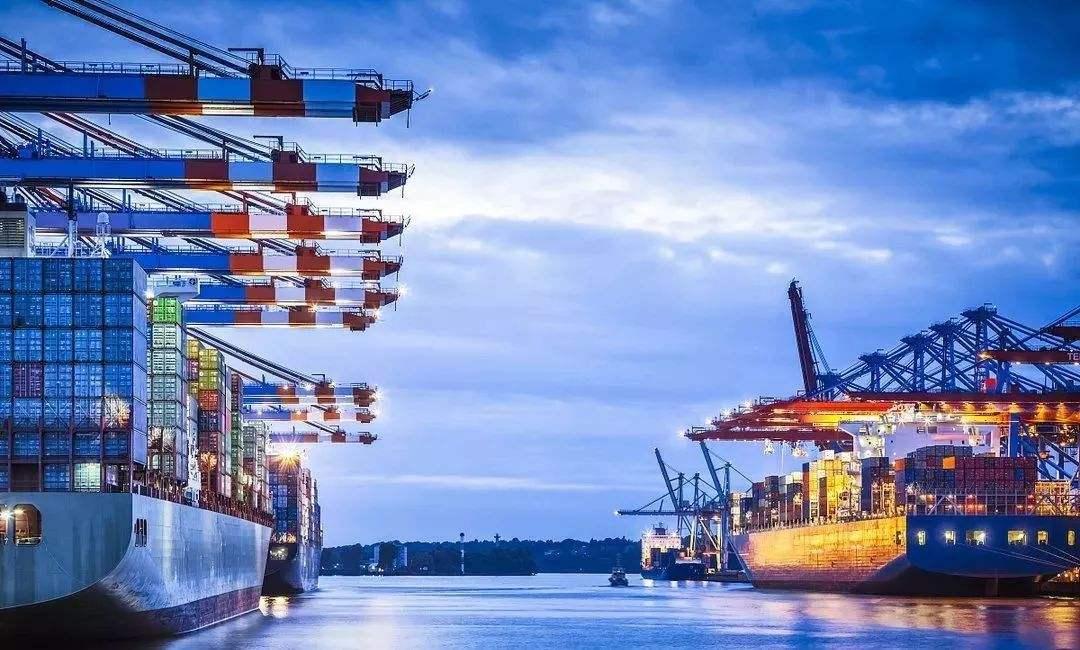by Julia Pierrepont III
LOS ANGELES, Oct. 12 (Xinhua) -- Business leaders in the U.S. state of California have discussed on the impact of the ongoing trade conflicts between the United States and China and expressed optimism about the prospects for future business ties with China.
Sponsored by China General Chamber of Commerce (CGCC), the forum titled "Chinese Investment in the U.S.: The Path Forward (Los Angeles)" was held on Thursday at the Millennium Biltmore Hotel in downtown Los Angeles.
Xu Chen, chairman of CGCC and president and CEO of Bank of China USA, highlighted the importance of China's continued presence in the United States. He said that Chinese member companies of CGCC have invested over 120 billion U.S. dollars in the United States, directly employ more than 200,000 people, and indirectly support more than one million U.S. jobs.
"Chinese companies reinvest their earnings in the U.S. market, make full use of the U.S. services sector, purchase American-made products and develop bonds with local communities that have a powerful social impact," he explained.
Steven Cheung, executive vice president of LA County Economic Development Corp, stressed the value of the two countries' long-term association. "Who throws away relationships that took 30 years to build? Those powerful relationships really matter."
He also cautioned that disrupting vital relationships creates unpredictable, long-term consequences that can be impossible to come back from. "During the strike at the Ports of LA and Long Beach, stranded shippers took their business to other ports. To this day, 25 percent of that business never came back to us."
"If the U.S. pulls out, someone else pulls in. Because of the trade war, China dropped U.S. farmers and has turned to Brazilian farmers," explained Martin Maciak, head of Asia Origination and RMB Internationalization. "It's easy to unravel things but sewing them back together again won't be so easy."
Xu stressed that the impact of China-U.S. relationship reaches far.
"As the two largest economies in the world, we have global obligations and responsibilities. We must not only think about our ourselves and our own country, we must think of the whole world," Xu told Xinhua.
He expected Beijing and Washington to work together, "not just for the sake of our own countries' economies, but for the stability of the world."




 A single purchase
A single purchase









